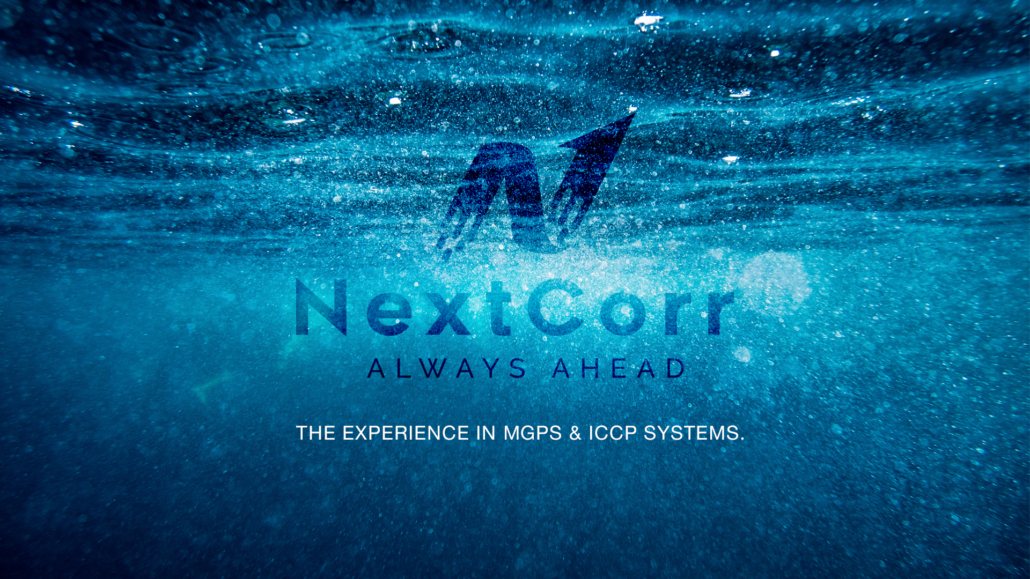WHAT IS CATHODIC PROTECTION? PROS & CONS.
Cathodic protection for ships refers to the use of cathodic protection systems to protect the metal surfaces of ships, such as the hull, from corrosion caused by contact with salt water. This is done by attaching a more easily corroded metal (known as the sacrificial anode) to the metal surface that needs protection, and connecting it to an electrical circuit. The sacrificial anode corrodes preferentially to the metal surface it is protecting, effectively «sacrificing» itself to protect the metal.
This process creates a small electrical field that prevents marine organisms from attaching themselves to the metal surface.
Pros of cathodic protection for ships include:
- Cost-effective: Cathodic protection can be a more cost-effective method of protecting ship hulls from corrosion than other methods.
- Versatile: Cathodic protection can be used on a wide variety of ship hulls, regardless of the material they are made of.
- Prevent marine growth: Cathodic protection helps prevent the growth of marine organisms on the ship’s hull, which can reduce drag and increase efficiency.
- Extend the life of ship’s hulls: Cathodic protection can extend the life of ship’s hulls by preventing corrosion.
Cons of cathodic protection for ships include:
- Maintenance: Cathodic protection systems require regular maintenance, such as checking and replacing the anodes.
- Limited protection: Cathodic protection may not be effective in all environments, such as when there are high levels of electrical interference or when the ship’s hull is in contact with non-conductive materials.
- Limited protection against mechanical damage: Cathodic protection doesn’t provide protection against mechanical damage, it only protects the ship’s hull from corrosion
- Limited protection in areas with high salinity or other extreme conditions: Cathodic protection may not be effective in areas with high salinity or other extreme conditions, and the anodes may need to be replaced more frequently.
It’s important to work with experts in cathodic protection to design and install the appropriate system for your specific needs, as well as monitor and maintain it to ensure its proper performance.
NextCorr: Your partner against corrosion and marine fouling
If you work with NextCorr, a specialist company in cathodic protection, you can expect to have several benefits:
Using advanced technology: NextCorr state-of-the-art technology for cathodic protection systems, such as the Intelligent Cathodic Anti-Fouling (ICAF) systems will be at your disposition, and are specially designed to self-monitor and adjust their performance, providing optimal protection at all times.
Access to expertise: NextCorr has a team of experienced professionals who have extensive knowledge and expertise in cathodic protection and marine growth prevention, and will provide expert advice and recommendations for the best solution for your specific needs and environment.
Benefit from a complete solution: NextCorr offers a complete solution for cathodic protection and marine growth prevention, including design, manufacture, supply, technical support, and service, so you can rely on them for all aspects of the project, from initial consultation to final installation and maintenance.
Having the advantage of customization: NextCorr can work with you to provide customized solutions to meet your specific needs, taking into consideration your vessel, the environment, and your budget.
Assurance of reliability: NextCorr is committed to providing reliable and long-lasting solutions, they use high-quality materials and follows strict quality control procedures, ensuring that the systems they provide will protect your ships and reduce maintenance cost over time.
Being cost-effective: By working with NextCorr, you can expect to save money in the long run by reducing the cost of maintenance and extending the life of your ships.
Overall, working with a specialist company like NextCorr can provide peace of mind, knowing that you have access to the most advanced and reliable solution to protect your ships and reduce the impact of marine growth, while saving money over time.


